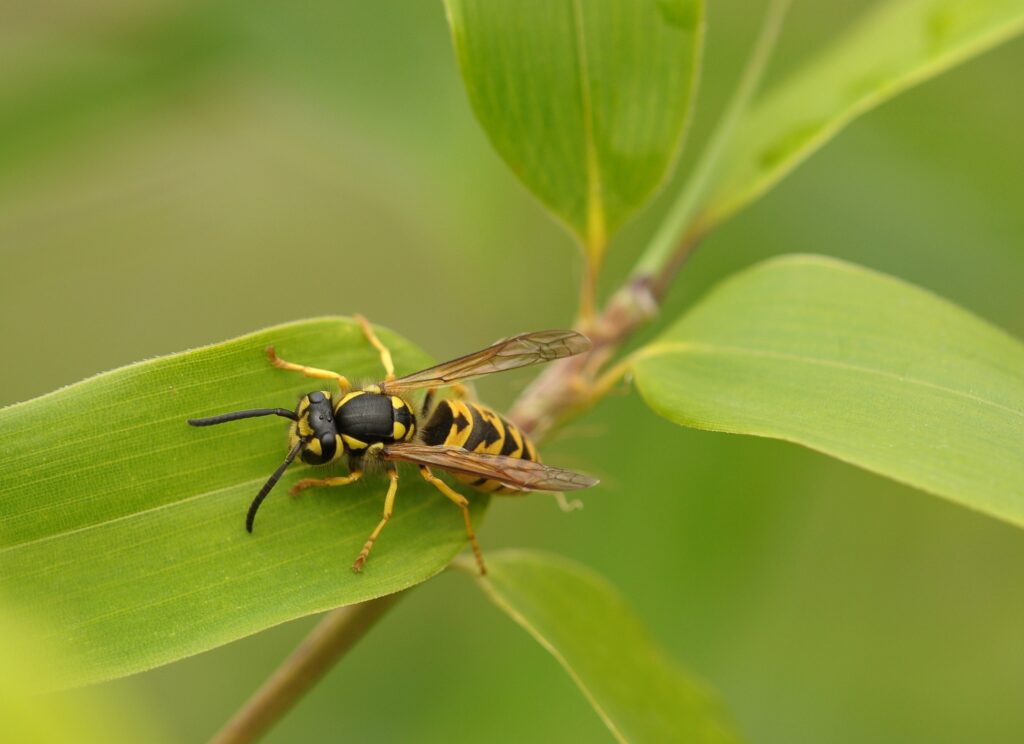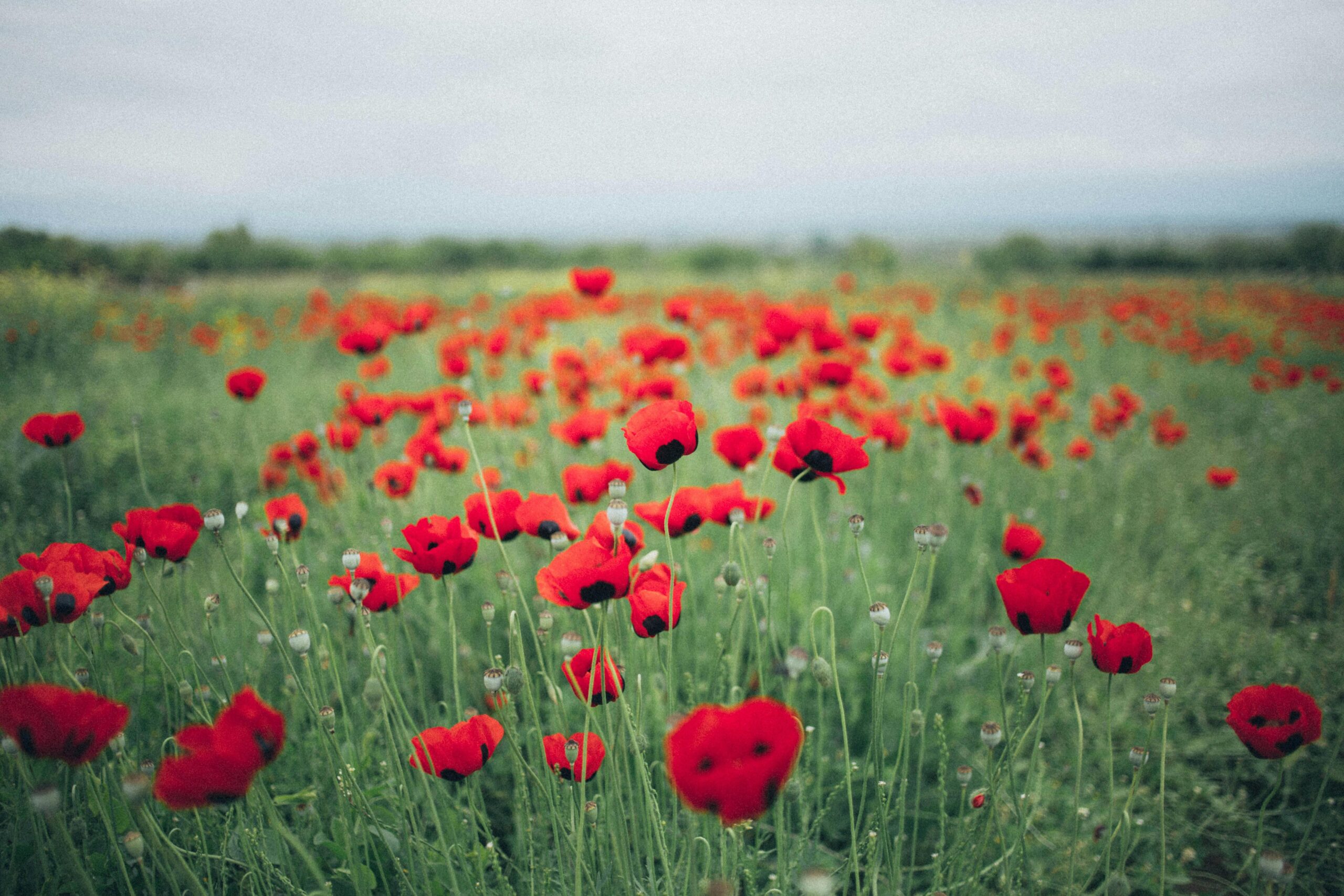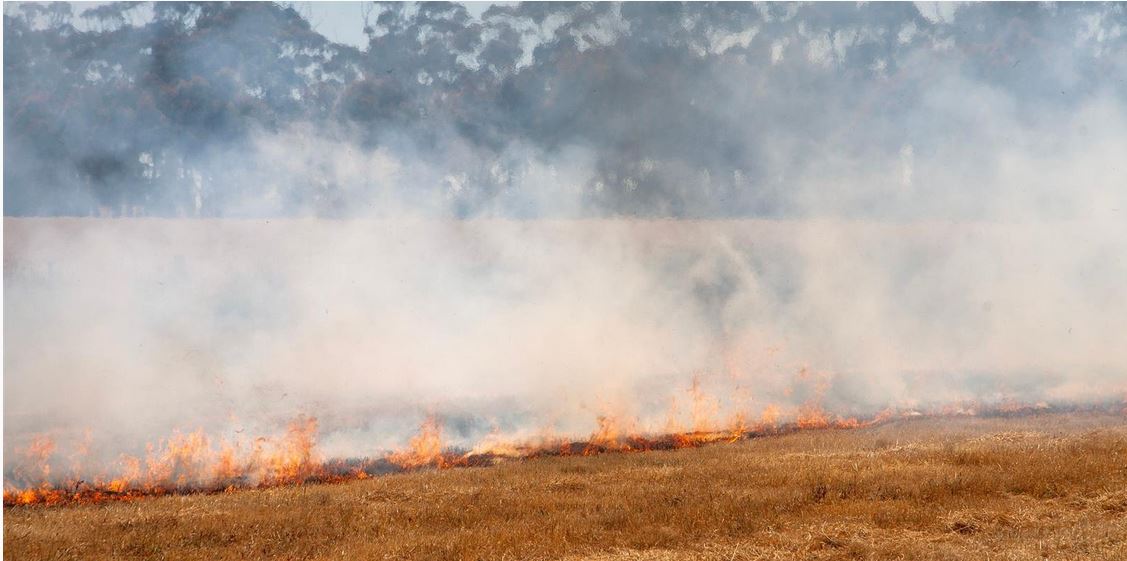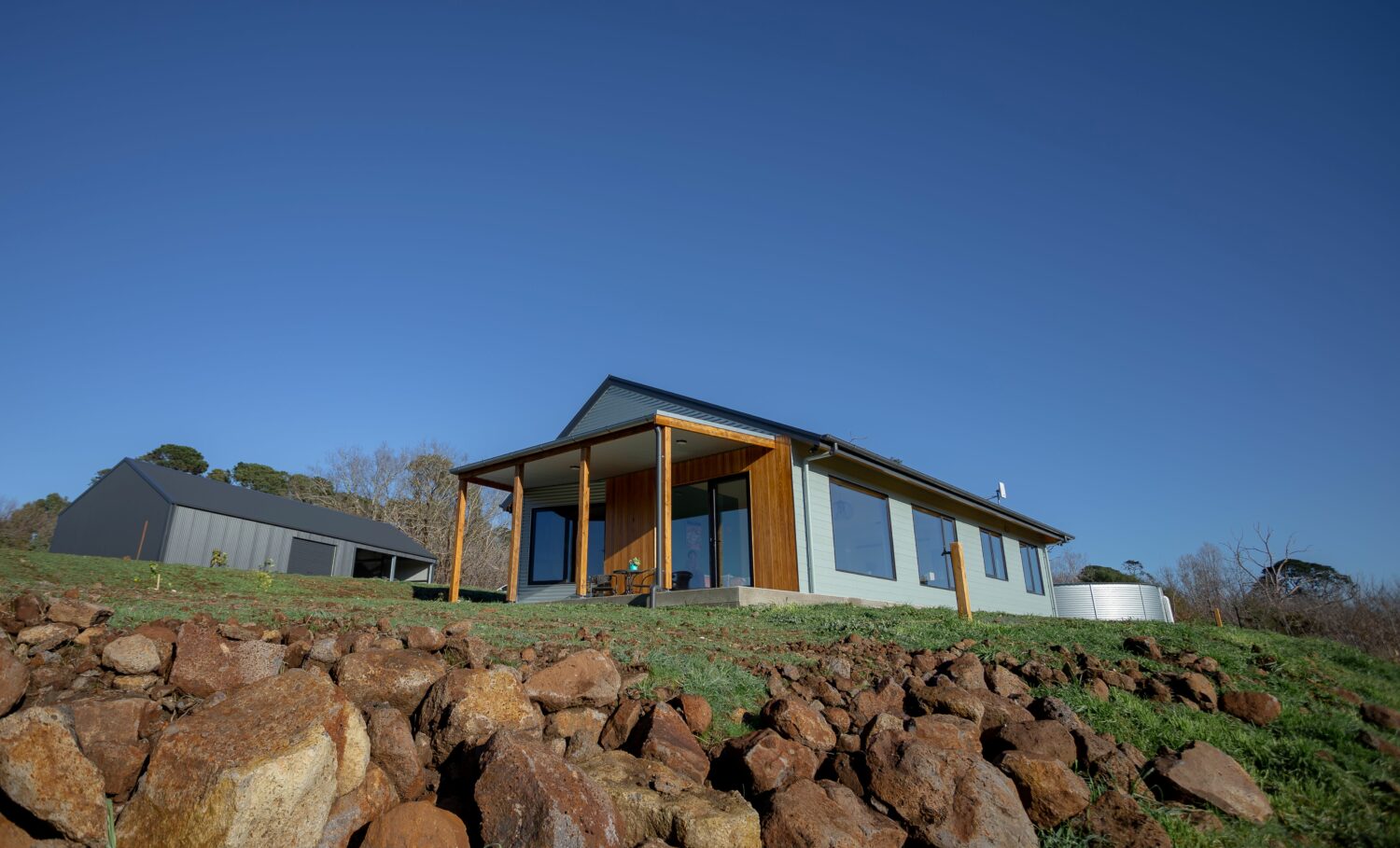March 29th, 2021European wasps on the wane, or are they?
And while you’re waiting, sit and watch the dozens of European wasps hover around the warm radiators of parked cars. This year though, is it just my imagination, or have there been less around? Am I not looking closely enough?
Best to put this important query to the local social media groups and see what has been going on. “A couple of years ago,” says one, “you couldn’t dine out because they would buzz around you. Not many this year.”
“Less than usual on the northern edge of Daylesford,” observes another. “Definitely not as many in Hepburn this year.” “We’ve had next to none in Glenlyon!” “I live in Porcupine Ridge, haven’t seen any this summer.” “Haven’t had them here in Trentham.” “None in Spargo Creek,” and so on.
Hypothesis confirmed? Not by a long shot. Other residents were sure there were, “many more than usual, not less”. “Lots at our place in Bullarto.” “My backyard is full of wasps at the moment.” “Bloody everywhere in Newlyn North.” “We have had so many on Wombat Hill, they even get inside the house.”

In fact in some quarters, European wasps seemed to be gaining the upper hand. “My neighbour had two hives about 15 metres apart.” “Just destroyed a nest this week.” “I’m in Malmsbury and I have more than I bargained for.” And with hardware stores completely sold out of poison, homeowners were marshalling whatever tools and expertise they could access.
“I have a nest under my house which is inaccessible. I’ve tried using dog flea wash on chicken meat and they have ignored it. Also paid $800 for a Kyneton pest guy to eradicate them which hasn’t worked.”
“Hubby has had a large vacuum set up with water in it. For two weeks we have been continually turning it on to suck out as many as we can.” “We had a nest at the.side of our house. Husband dug into it and poured diluted petrol in. That sure got rid of them.”
It was time to consult an insect expert. Perhaps they could shed some light on the conditions of the past summer. Dr Jurgen Paar works at Rijk Zwaan, a commercial seed supplier situated in Musk and part of his work there is researching the use of beneficials to combat plant pests like lady beetles and parasitic wasps to combat aphids.

“I don’t think it is so much the cold summer but the coolish long spring and that early cold. Because that’s when the queens start producing eggs to build up their new colonies. We still had, especially in places like Bullarto or Lyonville, days where the temperatures didn’t go much above 10 degrees and wasps, like bees, are not active then. I think that was the major impact, it was quite cool when they would normally be busy building up new colonies.”
He draws a comparison here with his work with beneficials.
“We definitely saw it with the reduced number of beneficial insects around. We do a lot of integrated pest management especially with lady beetles against aphids. The aphids were still happy to reproduce but because the weather was so cool the development time of the beneficials was quite a bit longer and they never really caught up.”
Words: Tony Sawrey










